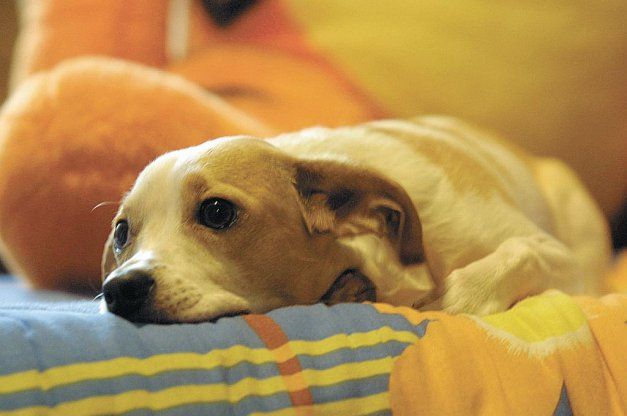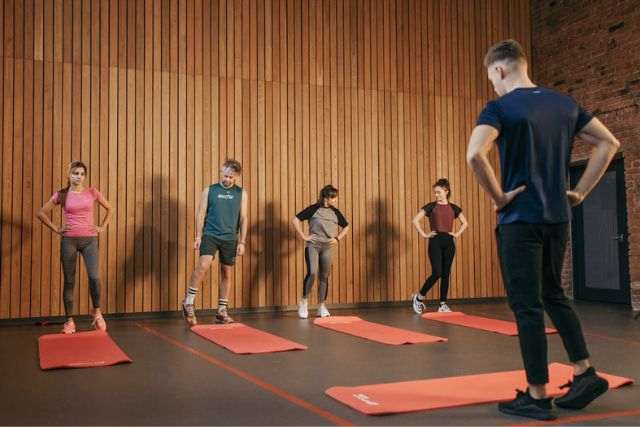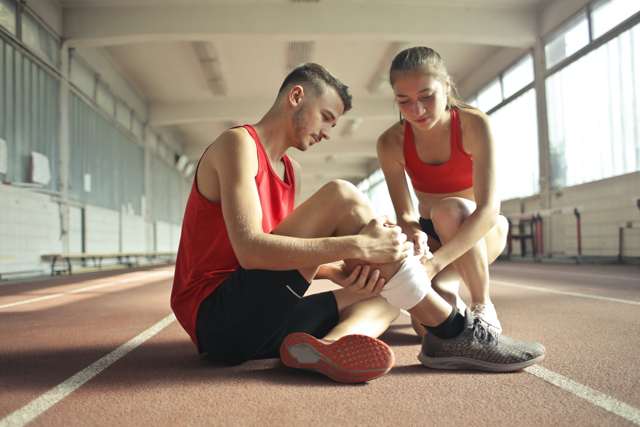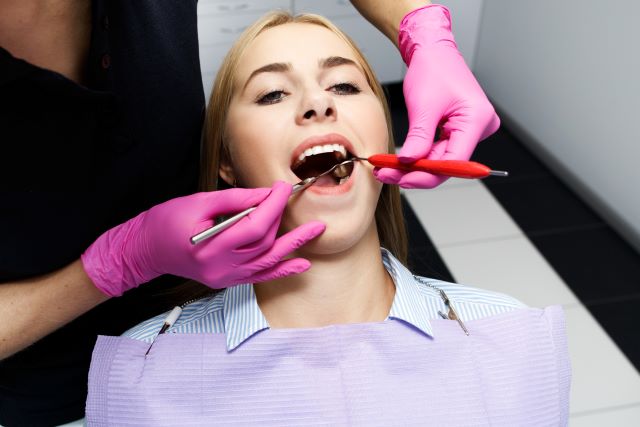Before knowing “How to Treat Parvo at Home” it is necessary to know the causes of its spread. The CPV2 Parvovirus was a new virus reported in the late 1970s. It was initially identified in 1978, and it spread around the world in one to two years. The virus looks a lot like Feline Pan Leukopenia. They are nearly similar, with the Viral Capsid Protein VP2 varying just by two amino acids. CPV2 is first considered to affect dogs exclusively, but new research suggests it can also affect cats.
Dogs are infected through oral contact with CPV2 in fences, contaminated soil, or fomites that transmit the virus. The survival rate determines how quickly CPV is detected, the dog’s age, and how aggressively the treatment is. I will show you how to treat Parvo at home quickly and safely.
The virus is present in the lymphoid tissue of the neck before spreading throughout the bloodstream. Infected dogs show symptoms in three to ten days after contracting the disease.
What is Parvo and How to Treat Parvo at Home?
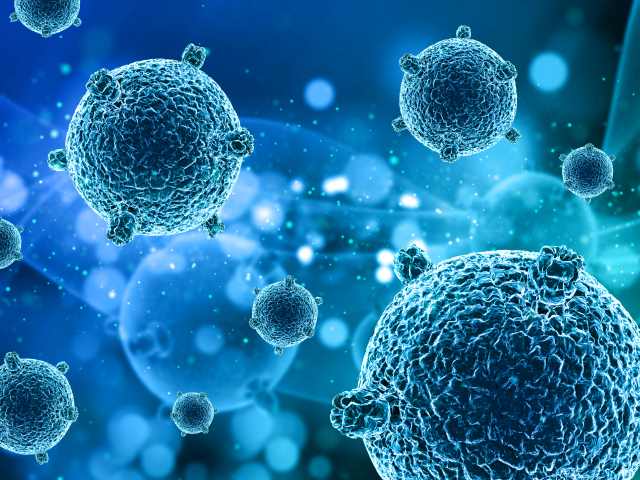
Canine Parvovirus (CPV) is commonly known as Parvo. Parvo is a highly spreading viral disease that infects dogs, especially pups between six weeks and six months.
The virus manifests itself in two separate ways:
Vomiting, diarrhoea, weight loss, and a lack of appetite are all symptoms of an intestinal infection.
Cardiac (least common): a life-threatening assault on a puppy’s heart muscles.
Cause: Parvo can be spread in many ways, although the virus is most often transmitted by direct contact with an infected dog or indirectly through the faecal-oral pathway. There is proof that the virus may survive for up to a year in the soil.
Treatment: Keeping the pet hydrated, managing nausea and vomiting, avoiding subsequent bacterial infections, and minimizing stomach discomfort are all goals of parvo therapy.
How long does Parvo Last:
To Know how to treat a dog with parvo at home, it is necessary to understand that Parvo has difficulty keeping oral medicines, food, and water down, effective home therapy is exceedingly challenging. Parvo-infected pets can shed the disease for up to a month after recovery, so keeping them away from people and other animals during this period is crucial. In addition, they should be immunized against Parvovirus in 3-4 weeks after their therapy.
Symptoms of Parvo and How to Diagnose it:
Please read the main points of symptoms of Parvo and how to diagnose it.
Symptoms:
Some common symptoms of Parvo are severe, bloody diarrhoea, vomiting, extreme weight loss, malnutrition, fever, dehydration red, irritated tissue around the eyes and mouth, fast heartbeat, pain or discomfort body, and low temperature.
Diagnosis:
Diagnosis is made by detection, either by an ELISA test of CPV2. In the feces or by electron microscopy of the haemagglutination test. PCR is available to diagnose CPV2 and may also be employed later. The disease may release wastes that ELISA may not detect with perhaps fewer viruses. Clinically, coronavirus or other types of enteritis can occasionally confuse the intestinal form of infection. The Parvovirus is nevertheless more dangerous. In an unvaccinated dog, Parvovirus has shown to be more severe with bloody diarrhoea, a small white blood count, and necrosis in the gut.
In-Home Vs. at Hospital Treatment:
Parvo virus is treated at hospital but you can treat it at home. Below are some ways for treating it in hospitals and at home.
How To Treat Parvo At Home Naturally:
Following the first parvo treatment, your veterinarian will likely recommend that you board your dog at their facility so that he may get 24-hour care. While this is an excellent concept, it may be expensive, costing hundreds of dollars to thousands of dollars. Therefore, rather than keeping your dog in the hospital until he is healthy, you may return him home after his veterinarian checkup to save money.
Keep remembering these things while knowing how to treat parvo for dogs at home: hydrated, managing nausea and vomiting, avoiding subsequent bacterial infections, and minimizing stomach discomfort are all goals of parvo therapy.
Parvo Hospital Treatment:
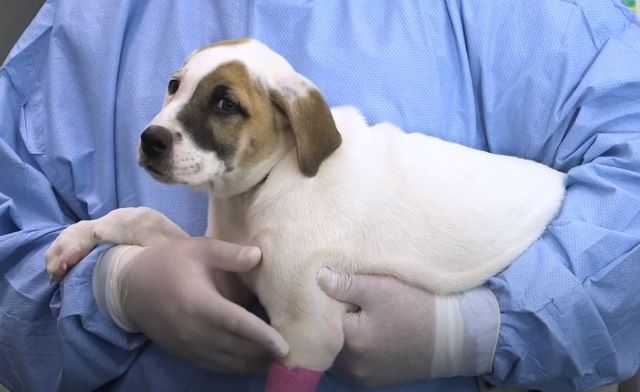
Parvo hospital treatment is the same as you giving treatment at home. But home treatment is a challenge for you. So Hospitals are designed to provide expert medical care. Your pet’s healing rate rises under the supervision of experienced doctors. And there are a lot of resources all in one spot. However, it also raises the bill, But life is important than money. So all medications and other food requirements are given on schedule and are monitor regularly.
How To Treat Parvo At Home In Puppies?
Give your dog the complete course of antibiotics, even if it seems to be back to normal. Most need to have little, frequent bland foods and take anti-nausea drugs until they can keep their typical food. Take it carefully since the Parvovirus kills 85 % of puppies. Keep your puppies in a clean and separate area. Because it spreads quickly, Keep dogs away.
Conclusion:
Dogs are members of our family, and we feel the same way about them as we do about ourselves if they become unwell. They became our best friends because we treated them nicely. But, when a sickness like Parvo strikes, our dog may prefer home remedies for parvo treatment in the hospital atmosphere. So, I’m hoping you learned a lot about how to treat Parvo at home?
For more tips and guides please visit Ballet Home

